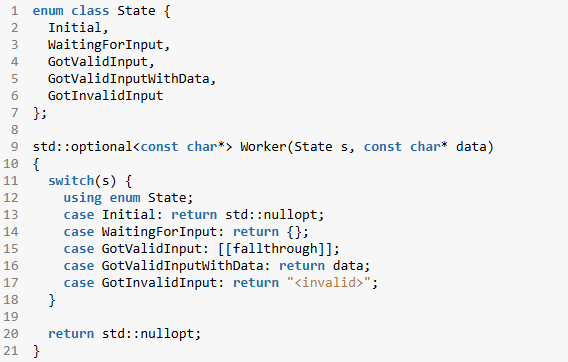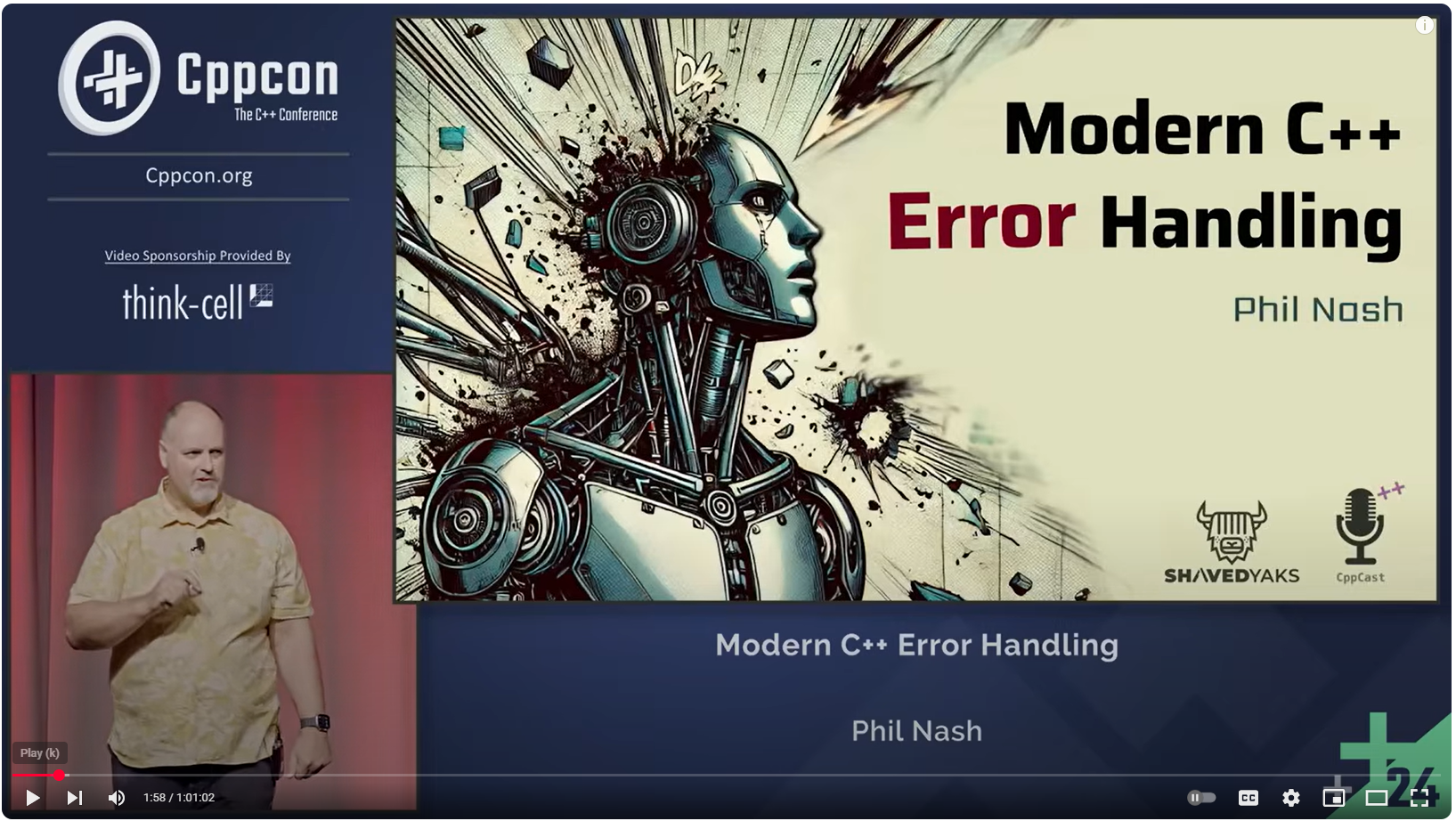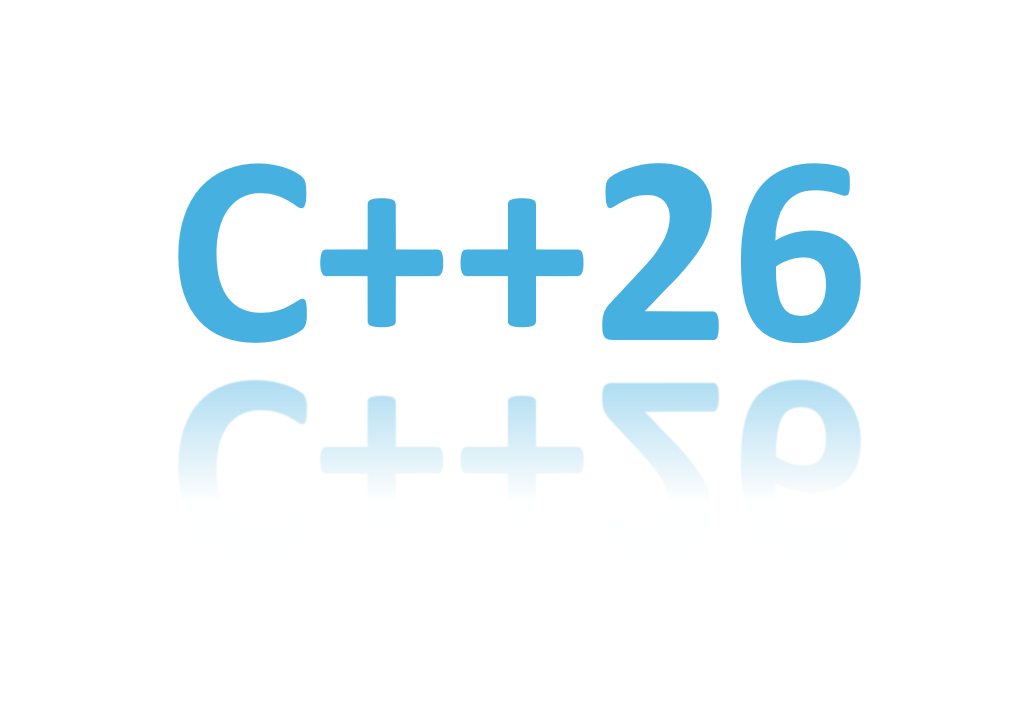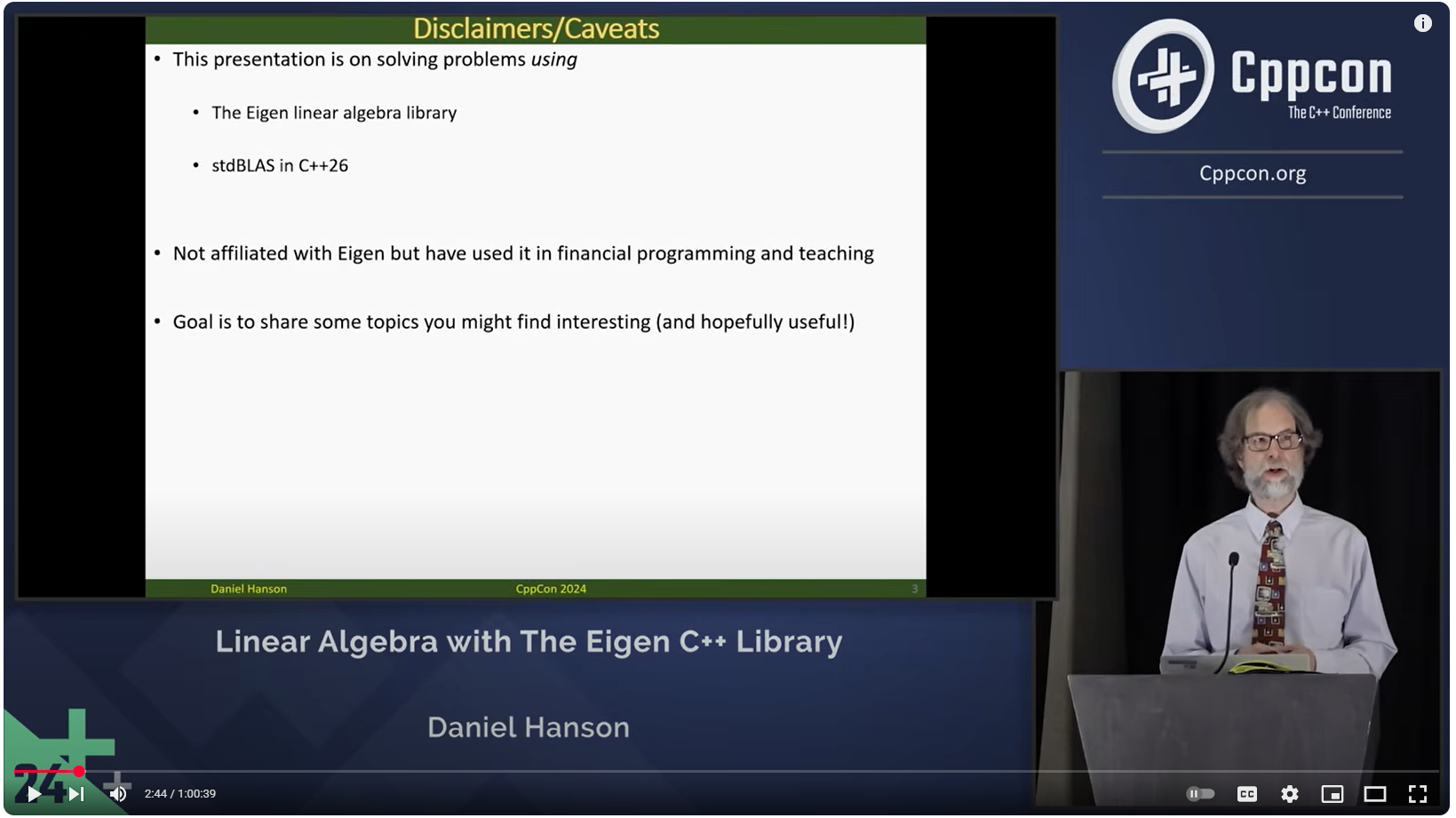CppCon 2024 The UB Detector: constexpr -- Andreas Fertig
 Registration is now open for CppCon 2025! The conference starts on September 15 and will be held in person in Aurora, CO. To whet your appetite for this year’s conference, we’re posting videos of some of the top-rated talks from last year's conference. Here’s another CppCon talk video we hope you will enjoy – and why not register today for CppCon 2025!
Registration is now open for CppCon 2025! The conference starts on September 15 and will be held in person in Aurora, CO. To whet your appetite for this year’s conference, we’re posting videos of some of the top-rated talks from last year's conference. Here’s another CppCon talk video we hope you will enjoy – and why not register today for CppCon 2025!
Lightning Talk: The UB Detector: constexpr
by Andreas Fertig
Summary of the talk:
A constexpr function evaluated at compile time is free of any undefined behaviour they say. Do you think that statement is true as well?

 In today's post I share a learning of a customer with you. A while back, a customer asked me to join a debugging session. They had an issue they didn't (fully) understand.
In today's post I share a learning of a customer with you. A while back, a customer asked me to join a debugging session. They had an issue they didn't (fully) understand.
 Registration is now open for CppCon 2025! The conference starts on September 15 and will be held
Registration is now open for CppCon 2025! The conference starts on September 15 and will be held  A unique milestone: “Whole new language”
A unique milestone: “Whole new language” Registration is now open for CppCon 2025! The conference starts on September 15 and will be held
Registration is now open for CppCon 2025! The conference starts on September 15 and will be held  Templates are one of C++’s most powerful features, enabling developers to write generic, reusable code—but they come with a cost: notoriously verbose and opaque error messages. With the introduction of concepts in C++20, we can now impose clear constraints on template parameters and get far more helpful diagnostics when something goes wrong.
Templates are one of C++’s most powerful features, enabling developers to write generic, reusable code—but they come with a cost: notoriously verbose and opaque error messages. With the introduction of concepts in C++20, we can now impose clear constraints on template parameters and get far more helpful diagnostics when something goes wrong. Registration is now open for CppCon 2025! The conference starts on September 15 and will be held
Registration is now open for CppCon 2025! The conference starts on September 15 and will be held